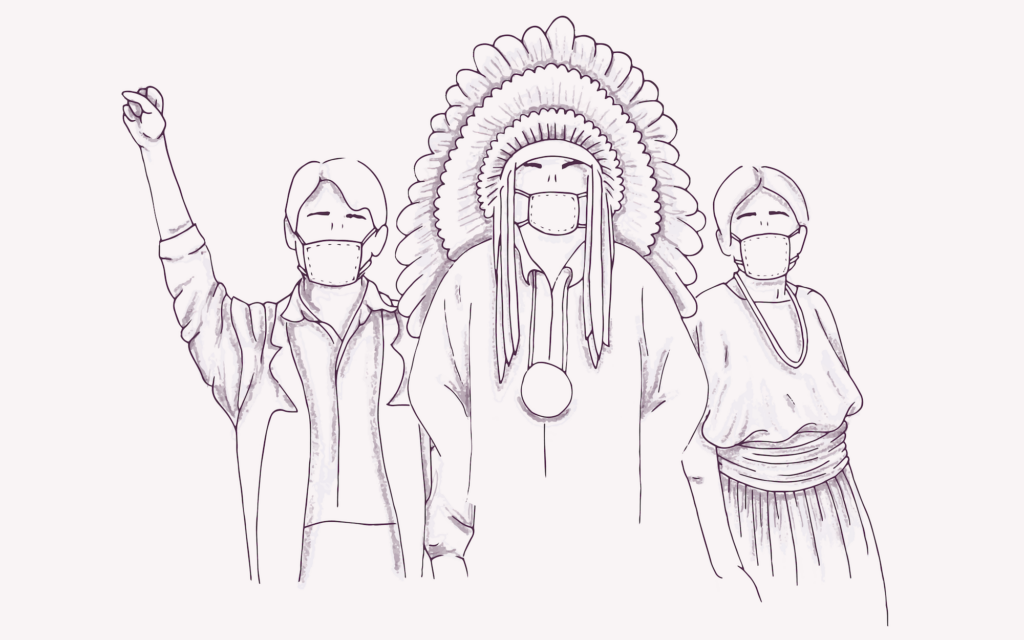Today, the Escazú Agreement enters into force coinciding with International Mother Earth Day. This ground-breaking multilateral treaty is the first binding document of this kind in the Latin America and Caribbean region following the steps of the Aarhus Convention. Its importance lies with its innovative content as it binds States to provide access to environmental information, fosters public participation in environmental decision-making, and offers measures for the protection of environmental activists.
FI particularly welcomes this Agreement as it is the world’s first treaty with positive States’ obligations to take measures to protect and promote all the rights of human rights defenders in environmental matters, and to prevent, investigate and punish attacks, threats or intimidations against them (see article 9 of the Agreement). In turn, this has the potential to reduce their targeting, an issue of great importance in the world’s deadliest region for environmental activists.
Like every international treaty, its implementation comes with many challenges, one of them being that its efficiency and impact will depend on the good faith of States parties to properly enforce it. In this matter, civil society organizations will continue to play a prominent role by monitoring its fulfillment. Moreover, countries where environmental human rights defenders are the most at risk (for example Colombia, Guatemala, and Brazil) have not ratified this Agreement.
FI is also marking this day by launching the first of a series of fact-sheets that aspires to support the work of indigenous human rights advocates, especially during this pandemic. Starting with the fact-sheet on Human Rights Defenders, FI aims to make monitoring and advocacy easier for activists all over the world. In these fact-sheets, activists will be able to find several recommendations from UN documents on a given subject, see their source, and get familiar with the specific language of these subjects in order to use it in their own advocacy work. It is our hope that these fact-sheets will become tools for anyone willing to advocate for human rights in national, regional, and international arenas.
Stay tuned as more fact-sheets, including on the right to adequate food, access to COVID-19 information, and gender-based issues, will be released in the next couple of weeks. While they will be immediately available in English, Spanish, and Portuguese, we hope to also have them available in a number of indigenous languages in the future.

